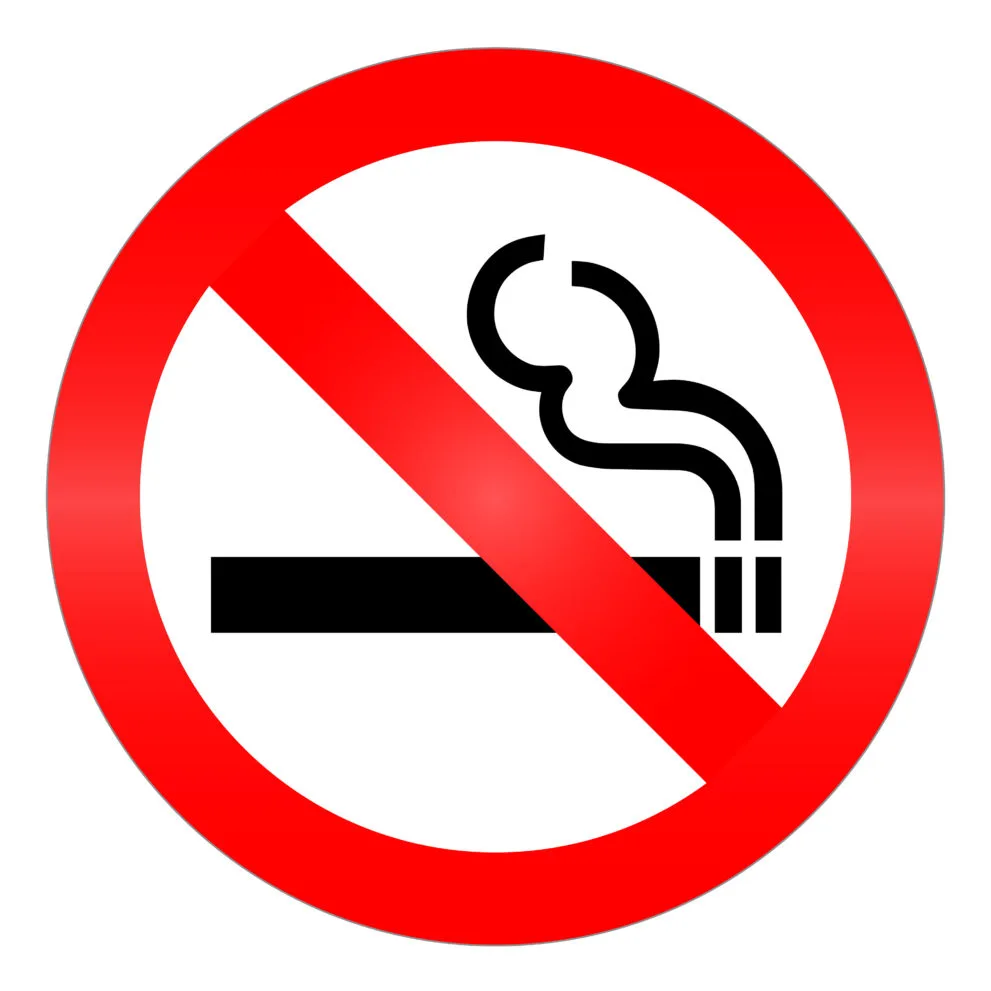Ottawa – When you think about becoming smoke-free, what’s holding you back? You may have reasons for why you started and continue to smoke. You may feel it helps you relax, gives you energy, or helps you deal with stress. Smoking could also be something that you share with others in social settings.
Reasons to quit smoking
Health effects of smoking
Smoking is the leading preventable cause of premature death and disease worldwide.
Every time you smoke a cigarette, it harms your health. When a cigarette is burned, you become exposed to the addictive substance in the tobacco, nicotine, as well as harmful chemicals that are created through the burning process, including carbon monoxide and other chemicals that cause cancer (carcinogens). All people who smoke are at increased risk for:
Cardiovascular diseases
Cardiovascular disease can cause damage to your heart and blood vessels. People who smoke are at an increased risk of coronary heart disease, stroke, and other cardiovascular issues including narrowing of blood vessels (veins and arteries), blockages in the legs, and high blood pressure.
Respiratory diseases
Respiratory disease can cause damage to your airways and lungs. The respiratory diseases associated with smoking are often grouped together and referred to as Chronic Obstructive Pulmonary Disease (COPD), which includes chronic bronchitis and emphysema. Cigarette smoking is connected to an increased risk of respiratory symptoms, including coughing, phlegm, wheezing, and difficult or laboured breathing (dyspnea).
Certain types of cancer
Smoking can cause cancer in many parts of the body, including the lungs, liver, and colon. For people living with cancer or those who have survived cancer, continuing to smoke makes treatment less effective and increases the risk of death from cancer.
Other health issues
Smoking causes other health issues including eye disease, diabetes, and rheumatoid arthritis.Smoking can also negatively impact your immune system, increasing the risk of respiratory infections.
Smoking can negatively affect reproductive health including preterm birth, stillbirth, birth defects, and infertility. Smoking can also be associated with erectile dysfunction.
Early death
Smoking causes a decline in overall health and increases risk of premature death.
Short and long-term health benefits of quitting
It is never too late to quit smoking. Everyone, no matter their age or situation, can experience the benefits of quitting. Remember, even if you are living with a chronic health condition, quitting can help to improve your treatment outcomes and quality of life.
20 minutes after quitting
Your blood pressure drops to a level similar to that of before your last cigarette.
8 hours after quitting
The level of carbon monoxide (a toxic gas) in your blood drops to normal.
24 hours after quitting
Your risk of having a heart attack starts to drop.
2 weeks to 3 months after quitting
The airways in your lungs relax and you can breathe easier.
1 to 9 months after quitting
You cough less and your lungs are even stronger.
1 year after quitting
Your added risk of coronary heart disease is half than that of someone who smokes
5 years after quitting
You have the same chance of having a stroke as someone who does not smoke. Your risk of getting mouth, throat, oesophagus, and bladder cancer is halved.
10 years after quitting
Your risk of getting lung cancer is about half.
15 years after quitting
Your risk of coronary heart disease is similar to that of someone who does not smoke.
Source: Health Canada








